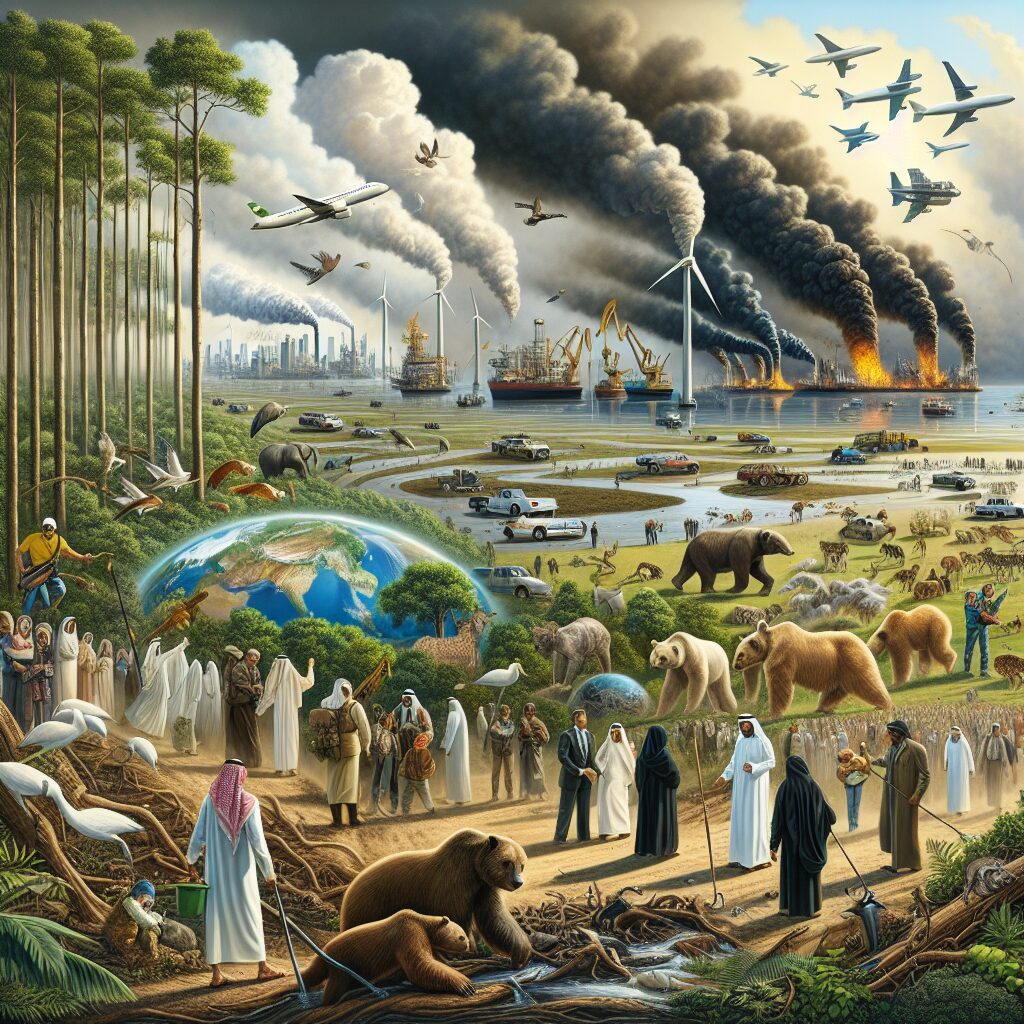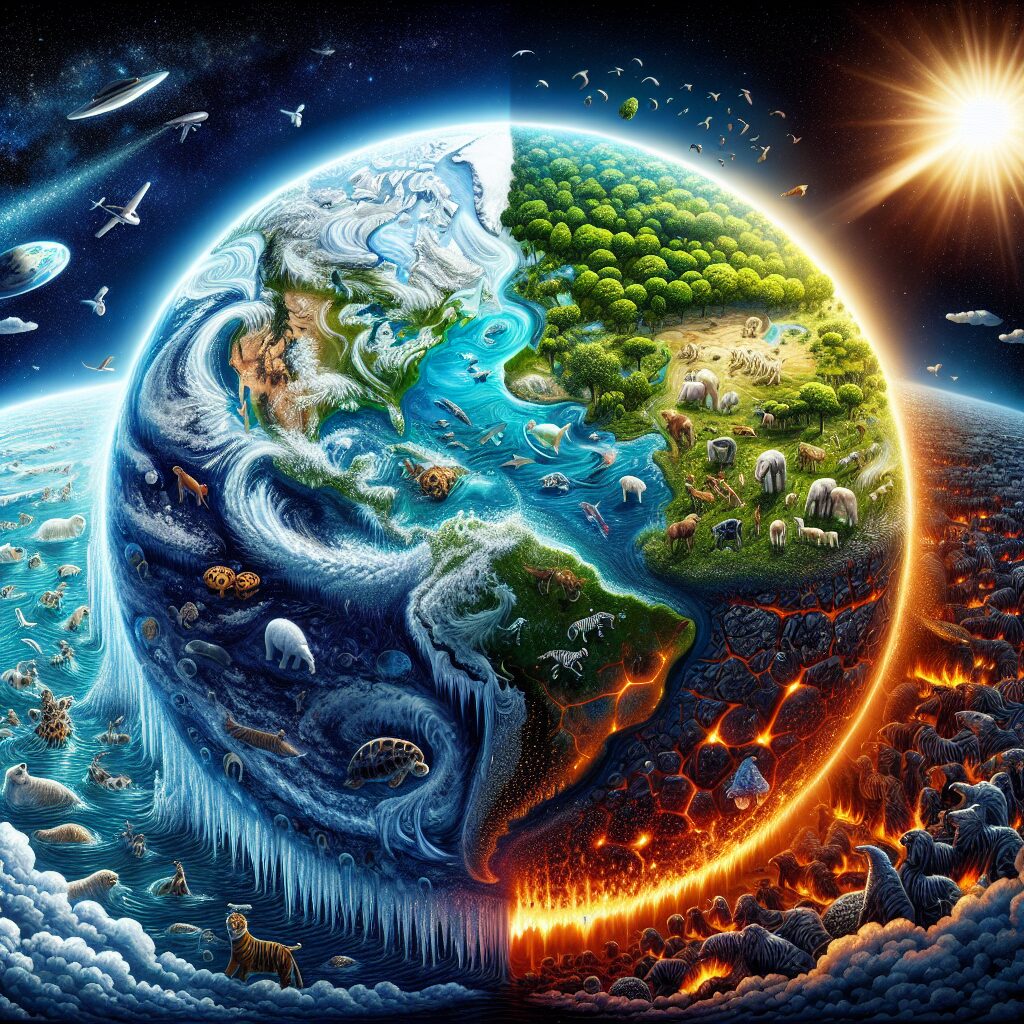

Key Environmental Issues Affecting the Gulf Region
The Gulf region, known for its rich natural resources, unique biodiversity, and economic significance, faces a host of environmental challenges that threaten its delicate ecosystems and the livelihoods of millions. The combination of natural and human-induced factors has made addressing these issues a priority for governments, organizations, and communities. Here, we explore some of the most pressing environmental concerns impacting the Gulf region.
1. Climate Change and Rising Temperatures
Climate change is one of the most critical challenges facing the Gulf region. With some of the highest temperatures in the world, the region is particularly vulnerable to the effects of global warming. Rising temperatures not only exacerbate desertification and water scarcity but also pose health risks to human populations. Heatwaves, reduced agricultural productivity, and increased energy demands for cooling are just some of the consequences.
2. Water Scarcity
Water scarcity is a long-standing issue in the Gulf, given its arid climate and limited freshwater resources. The region relies heavily on desalination plants to meet its water needs, but these come with high energy costs and environmental consequences, such as brine discharge that can harm marine ecosystems. Sustainable water management practices are urgently needed to balance the growing demand with environmental preservation.
3. Marine Pollution
The Gulf region’s waters are under significant threat from pollution caused by oil spills, industrial waste, and untreated sewage. The heavy reliance on oil and gas industries has made accidental spills and operational discharges a common problem. Additionally, plastic pollution and overfishing have further degraded marine habitats, threatening biodiversity and the livelihoods of coastal communities.
4. Loss of Biodiversity
The Gulf region is home to diverse ecosystems, including coral reefs, mangroves, and desert landscapes. However, rapid urbanization, habitat destruction, and climate change are contributing to the loss of biodiversity. Coral bleaching, in particular, has become a critical concern due to rising sea temperatures. Protecting these ecosystems is essential to maintain ecological balance and support sustainable development.
5. Air Pollution
Air pollution is another significant environmental issue in the Gulf, driven by industrial activities, vehicle emissions, and dust storms. The high concentration of pollutants in the air can lead to respiratory and cardiovascular health problems among residents. Transitioning to cleaner energy sources and implementing stricter regulations on emissions are vital steps to tackle this growing problem.
6. Waste Management Challenges
The Gulf region generates a substantial amount of waste, including municipal, industrial, and construction debris. Improper waste disposal, such as landfilling and open dumping, contributes to soil and groundwater contamination. Recycling and waste-to-energy initiatives are gaining traction, but more comprehensive strategies are needed to address the scale of the issue.
7. Overdependence on Fossil Fuels
As one of the world’s leading regions for oil and gas production, the Gulf faces a significant environmental challenge in transitioning to sustainable energy. The overdependence on fossil fuels has not only contributed to global greenhouse gas emissions but also limited the diversification of energy sources. Investments in renewable energy, such as solar and wind, are becoming increasingly important for long-term environmental and economic stability.
Conclusion
The environmental challenges facing the Gulf region are complex and multifaceted, requiring collaborative efforts at local, regional, and global levels. From addressing climate change and water scarcity to protecting marine ecosystems and reducing pollution, there is an urgent need for sustainable practices and policies. By prioritizing environmental stewardship and innovation, the Gulf region can preserve its natural resources for future generations while maintaining its economic growth and development.

Leave a Reply